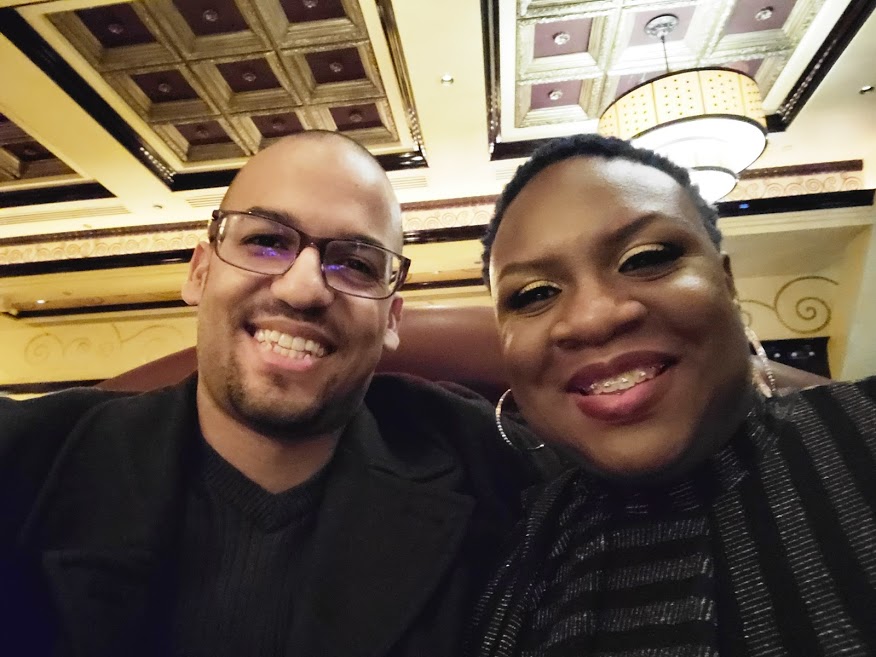“Did you seriously tip that waiter 37 percent?”
Wifey is clearly irritated with me… mainly because we’ve had this conversation before.
“Did I? I didn’t do the math. I just gave a flat $50.” Which is true, but we both knew that I knew I overtipped for our anniversary dinner.

I promised my queen I’d stop “showing off”…
Which explains why she was annoyed when the credit card company sent a message asking if the charge was legit.
But I did it anyway.
So why the heck did I do it?
I was manipulated by the waiter!
And it was so smooth I didn’t even realize what happened until 4 days later.
(It’s possible the manipulation wasn’t intentional, but I doubt it. I’m bet he uses this routine all the time to put more cash in his pocket.)
Here’s the short version of what happened:
We ate at a nice steakhouse in downtown Chicago. Food was amazing and the service was top notch. The guy was attentive, funny, even charming. Very likeable.
As we’re getting close to finishing the meal, the waiter points out a group of men hanging out at the bar… and he starts to tell me a story.
This is so doggone smooth…
He says the group remind him of another group of guys who didn’t want to leave the bar when the restaurant was closing one night.
The ringleader was a high roller. He’d spent about $8 grand on drinks that night. Tipped the bartender $1,000 and the waiter (the guy taking care of us) a couple hundred. Everyone loved the guy. But they didn’t want to keep the bar open all night for him.
Conveniently, the exterminator arrived for their monthly inspection, and our waiter concocted a ruse to convince Mr. Money Bags everyone had to leave.
And everyone lived happily ever after.
See the trick?
The story felt very natural. I couldn’t detect any ulterior motive. It was just another way our waiter was entertaining us during dinner.
But through the story, he introduced a couple insidious ideas:
- Patrons of this restaurant are big tippers.
- Waiters recognize your status by now much you tip… and you don’t want to be a man with lower status, do you?
- Big spenders are admired — and have stories told about them.
He said all that without explicitly saying any of it. And there was zero pressure.
Masterful manipulation for maximum tip.
Let’s call it “maTIPulation.”
Long story short…
Stories can be the powerful persuasive tools.
Use them wisely.
P.S. Want help writing story-based emails that put money in your pocket? Inbox X-Factor is a good place to start.



